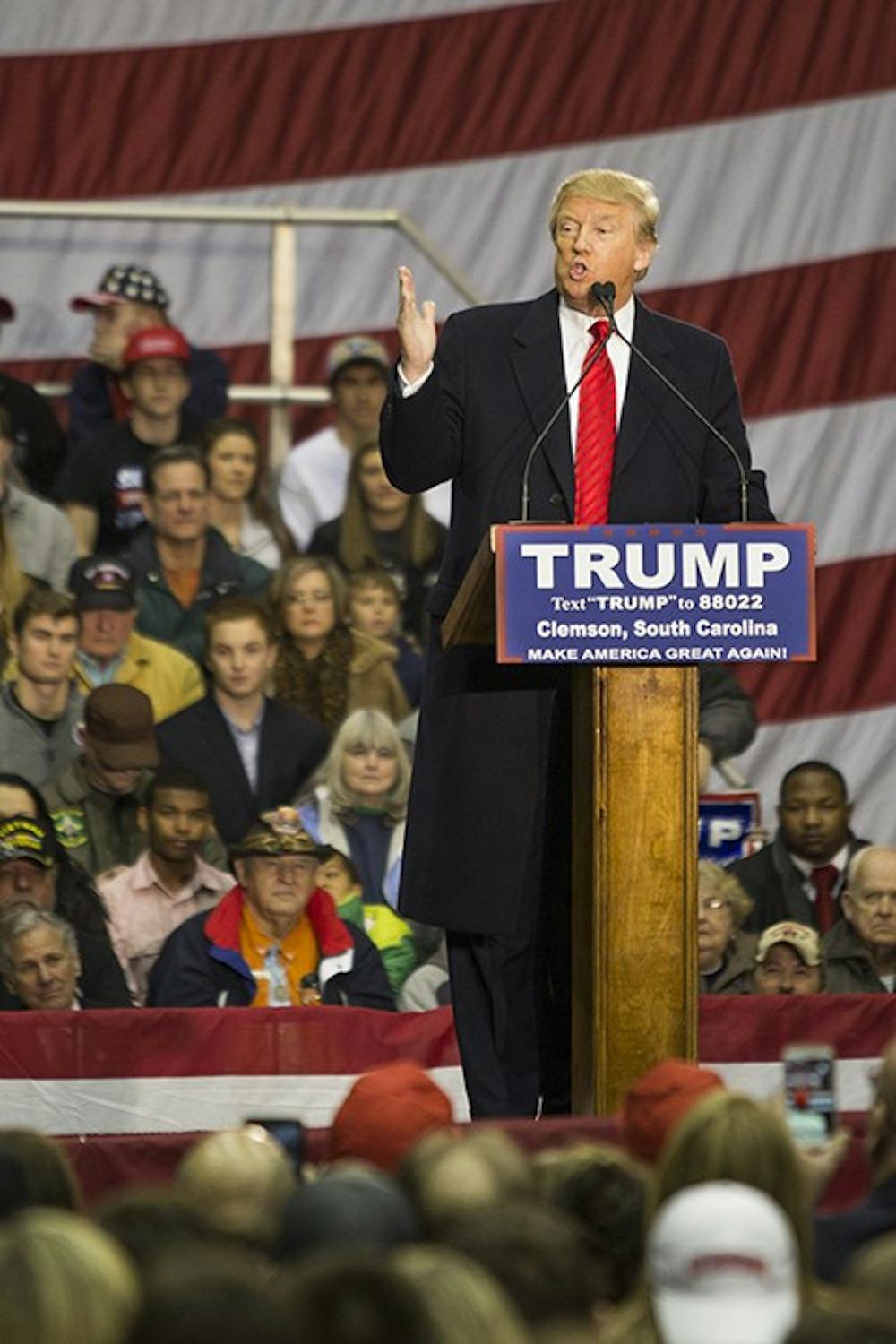In 2012, the Republican nominee for president lamented that 47 percent of Americans paid no income tax and would never vote for a Republican because of it. In 2016, the Republicans made a billionaire who once paid no income tax their presidential nominee. Why this is tolerated strikes to the core of how we view welfare as a country and why that attitude is problematic.
Let’s start with Donald Trump, who The New York Times revealed paid no income tax in 1995 and might have used that return to get out of paying it for 18 years. Of course, we can’t know if he did for certain because he won’t release his tax returns. He did, however, take some time at the debate to say that his ability to pay no taxes made him smart. When billionaires exploit every loophole their accountants can find, they deserve to pay no taxes for their genius. Or, at least, the Republican Party will stay silent on the matter.
When a single mother who struggles to pay for basic necessities doesn’t pay taxes, then she needs to work harder and stop being dependent on the government. Additionally, we need to fix the tax system so she gets less “welfare” and pays more taxes. I wish I were just talking about the Republican leadership here, but the problem is pervasive. Even the Clintons wholeheartedly embraced it while they were in office.
So let’s talk about what income redistribution in America really looks like. The United States has had a history of progressive income taxes dating back to Lincoln, even though they weren’t explicitly constitutional until 1913. That means that the rate paid by someone making very little money is lower than the rate of someone making a lot of money, rather than both paying the same rate.
Economically, this makes sense. If we assume that people buy the things they need most before they buy less important things, then the people with a lot of money are spending the least of it on the things least important to society. However, in practice, they actually save a lot of their money rather than spend it. In an economy that depends on people spending money on services, it’s actually better for the economy as a whole if we take some money a rich person would save and give it to a poor person to spend.
If we accept that, then the tax rate established by the government is what a person gives to it under the law, and any money the government waives is a handout. So tax deductions and money or items given directly to the people are both a form of government redistributing the tax money they are owed back to the people.
Incidentally, we spend a lot more on tax deductions than traditional welfare. And most of that doesn’t go to the poor or even help society or the economy that much. In an average year, the government loses out on more than $70 billion by not taxing the interest on mortgage payments. By comparison, the government spent an average of $100 billion a year on unemployment insurance during the worst parts of the recession. Food stamps cost the government around $50 billion in the most recent fiscal year.
Just one welfare program that the government has for people wealthy enough to buy a house costs it more than food stamps, but I can’t recall the last time we wanted drug tests for homeowners receiving tax breaks. That’s just one deduction, too. Once you factor in the ones that allow Donald Trump and Boeing to pay no taxes, you end up with far more welfare money given to the richest Americans than we give to the poorest.
So if a welfare king exists in America, he looks a lot more like Trump than one of the laborers he’s stiffed.

